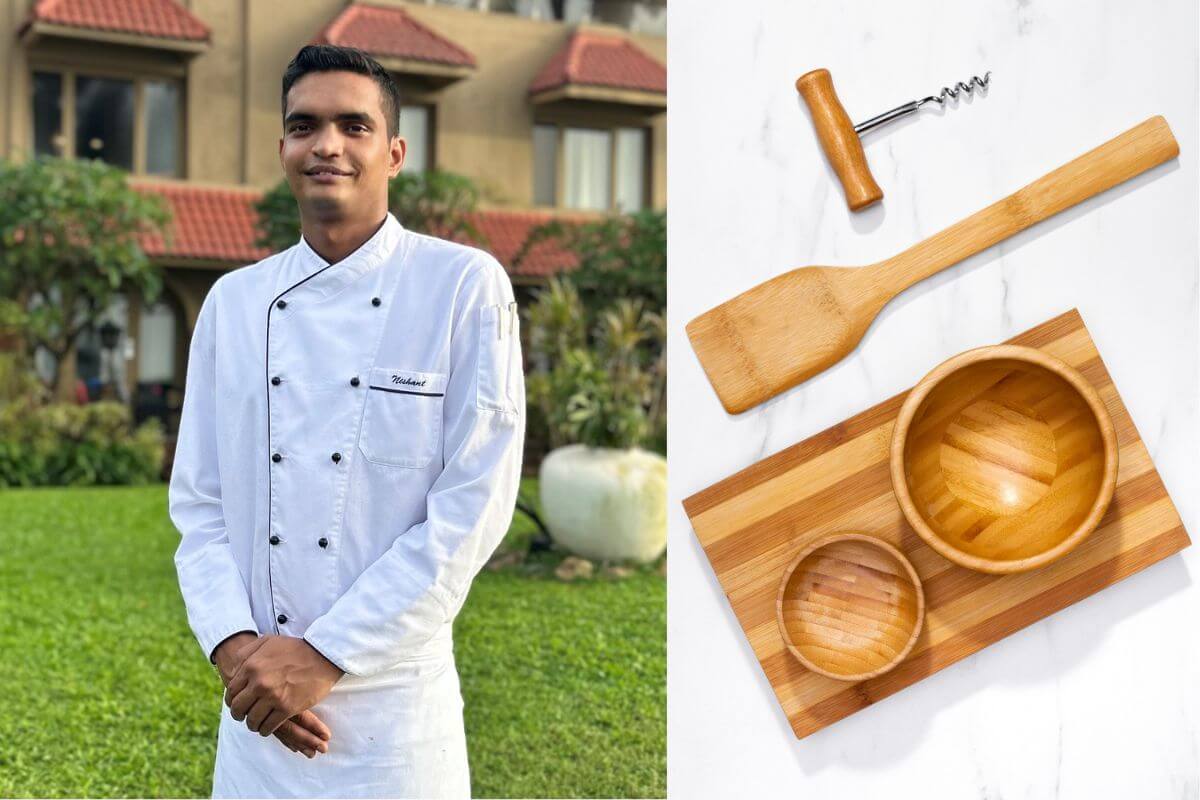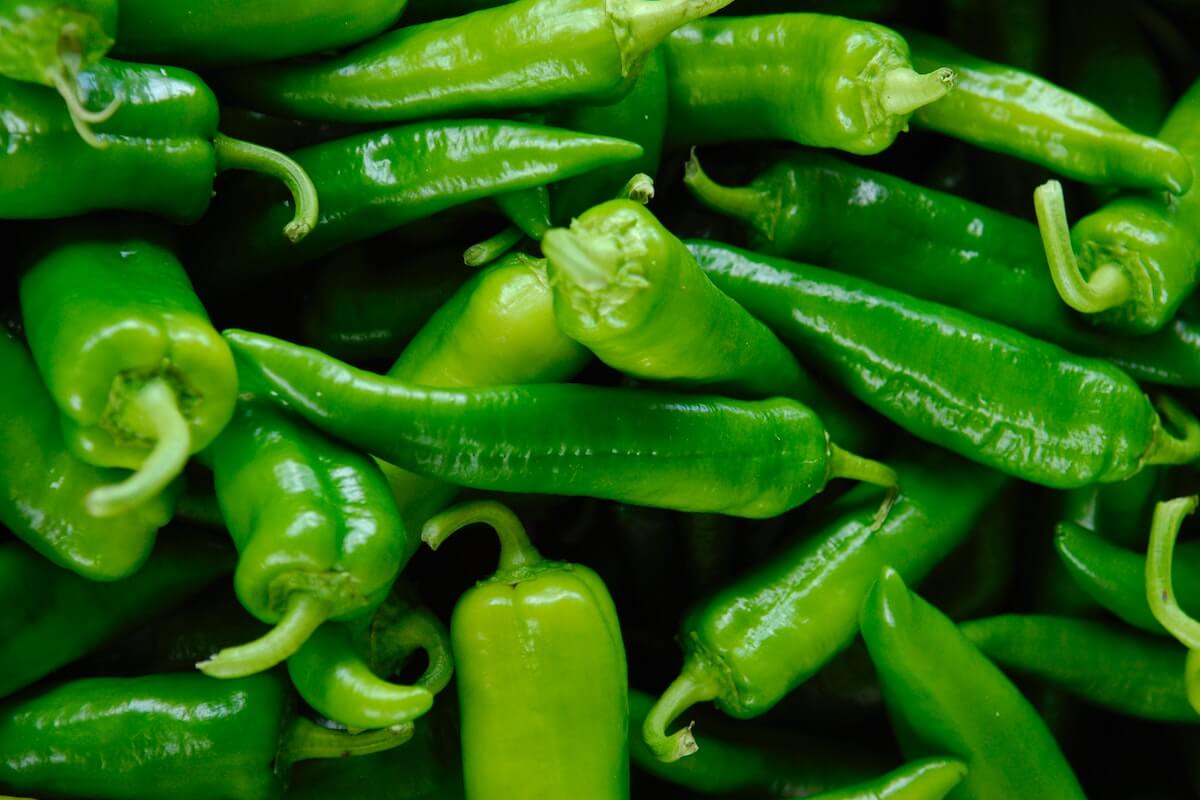Wooden utensils surely add a touch of warmth and beauty to any kitchen. But unlike their ceramic, metal or polymer counterparts, they require extra maintenance to ensure they last a lifetime. With proper care, your wooden spoons, spatulas, salad bowls, snack bowls, cheese platters and rolling pins can become cherished companions in the kitchen, developing a rich patina and lasting over decades.
Gentle cleaning is the key with wooden utensils. Avoid using the dishwasher for wooden utensils. The harsh detergents and high heat of dishwashers are not advisable for wood-crafted items. Always hand-wash your utensils in warm, soapy water. Use a soft sponge or dishcloth to remove food particles, and avoid harsh scrubbers that can scratch the surface. Do not soak wooden utensils. Prolonged exposure to water can cause the wood to warp and subsequently crack. Wash the wooden utensils promptly after use and rinse them thoroughly. Pat dry your utensils with a clean dish towel. Let them air dry completely in a well-ventilated area before storing them away. This prevents moisture buildup, which can lead to mildew or rot especially in a tropical and humid place like Goa.
Wooden utensils benefit from regular conditioning with a food-safe oil. Mineral oil, butcher block conditioner, or beeswax and mineral oil blend are all excellent choices. Avoid vegetable or olive oil, as these can become rancid. Apply a thin coat of oil to a clean, dry utensil using a clean, lint-free cloth. Buff the oil gently into the wood, paying attention to areas that seem dry or absorbent. Let the utensil sit for 15-20 minutes, or even overnight for deeper conditioning. Wipe away any excess oil with a clean cloth. The frequency of conditioning depends on how often you use your utensils and how dry your climate is. Generally, monthly conditioning is sufficient. If your utensils start to look dull or feel rough, it’s a sign that they need to be buffed.
Highly pigmented foods like berries or tomato sauce can stain wooden utensils. While these stains are usually harmless, you can try scrubbing with a paste of baking soda and water to minimize them. Over time, your utensils may develop minor cracks or roughness. You can smooth them out with fine-grit sandpaper (around 120 grit). Be sure to sand with the grain of the wood and re-condition afterwards with oil. Deep cracks can harbour bacteria and should be avoided. If your utensil develops significant cracks, it’s best to discard it for safety reasons.
With a little love and attention, your wooden utensils will become treasured kitchen tools, adding warmth, beauty, and functionality to your culinary creations for years to come.
With the Inputs from Chef Nishant Diwakar, Executive Sous Chef Taj Fort Aguada Resort & Spa, Goa







